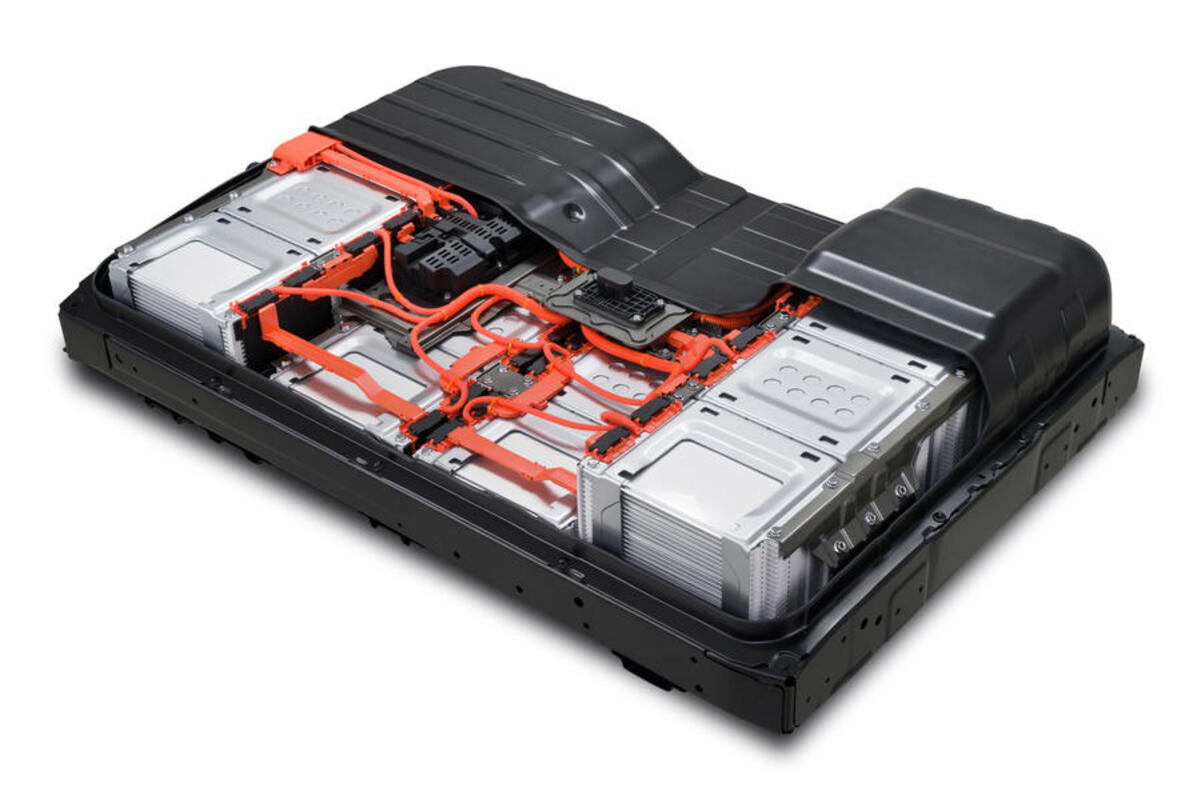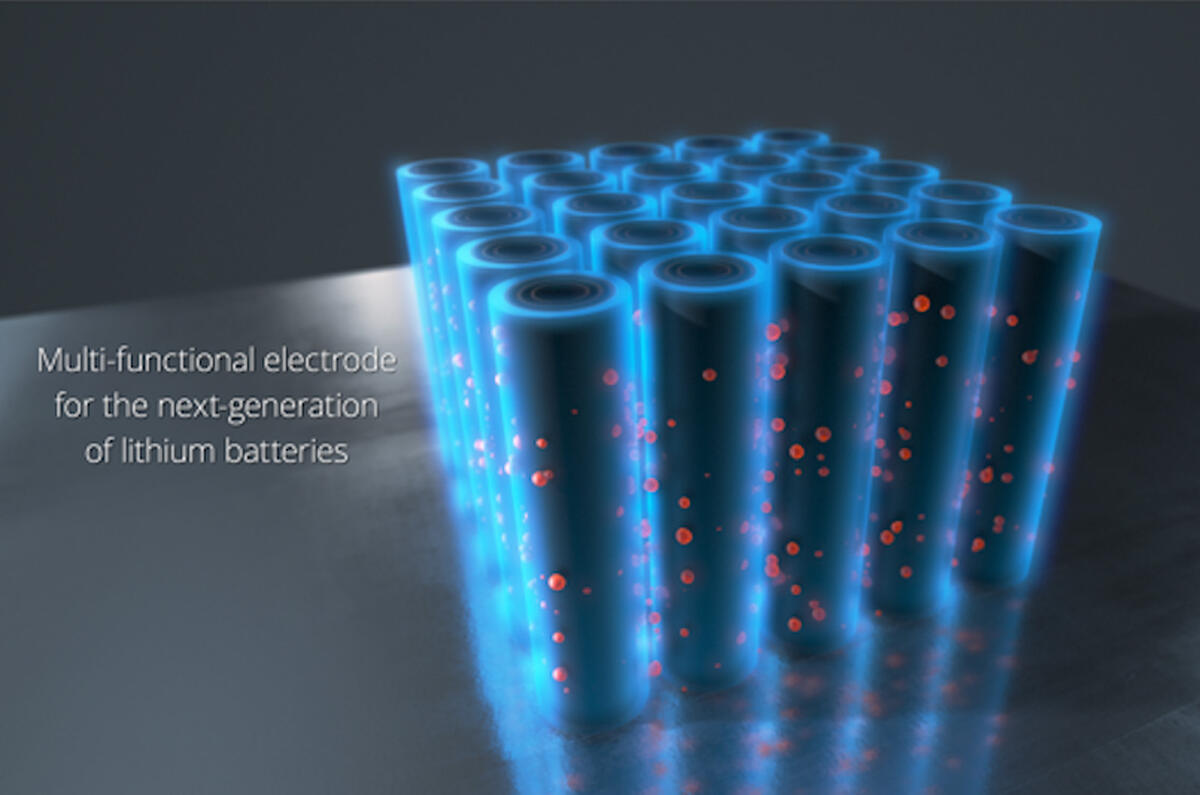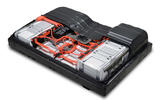While the automotive industry attempts to improve electric vehicle (EV) batteries through new cell technology, one firm has instead focused on improving the humble electrode.
French company NAWA Technologies is touting what it calls the Ultra Fast Carbon Electrode, an evolution of the electric conductor that acts as the terminal through which electric current passes between two mediums. It’s based on the same vertically aligned carbon nanotube technology used in the company’s ultracapacitors.
NAWA claims the materials and design of current electrodes are “one of the major limitations of battery power, energy and lifecycle”, due to them being based on inefficient powders with low electrical, thermal and ionic conductivity. They can also suffer from early delimitation and degradation, it claims.
The Ultra Fast Carbon Electrode uses 100 billion vertically aligned carbon nanotubes per square centimetre, dramatically boosting ionic, electrical and thermal conductivity. Claimed to boost battery power by a factor of 10, energy storage by a factor of three and substantially increase the battery’s usable life, it's also said to reduce charging times “down to minutes instead of hours” and bring cost savings as a result.
The dry electrode technology is claimed to be easily recyclable at the end of its longer lifecycle, too. NAWA estimates the battery CO2 footprint could be reduced by as much as 60%, due to less active material being required.
Although it's still in development, NAWA claims the new electrode system will be ready for market in as little as 12 months. Production isn't expected to begin until 2023, however.
Multiple types of electrode can be produced depending on the relevant application, NAWA says, with the electrodes able to work with existing or more advanced battery chemistries.
READ MORE
Under the skin: New take on old tech could transform BEVs
We build a lithium-ion car battery
Analysis: How Britain's first gigafactory will change the industry














Join the debate
Add your comment
I am making a good salary
Great to see battery technology progress
This is indeed great news. We're trashing our planet and need to switch to cleaner cars quickly. Politicians hate to lead if they don't think voters will follow so anything that helps us stop driving ICE cars is welcome. As for Extinction Rebellion, if thousands of them didn't block roads last month I doubt we'd be hearing green promises from Boris this month.
@X1X3